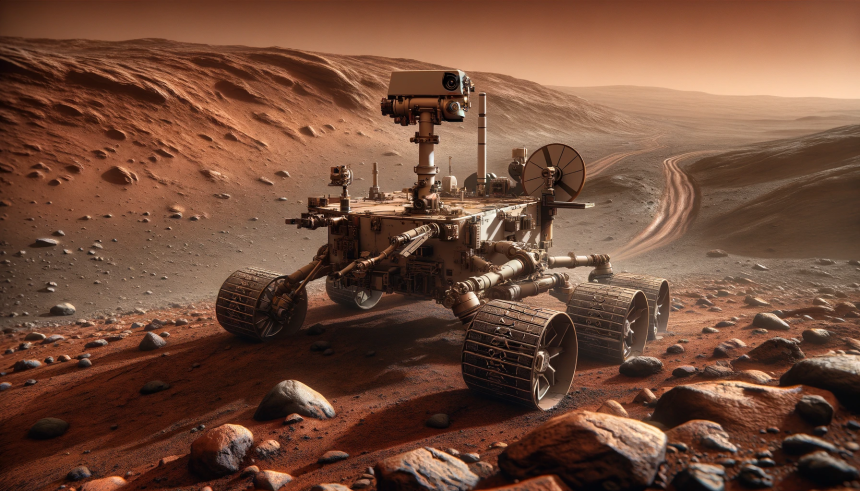NASA has secured Leidos, Inc. from Reston, Virginia, to support its International Space Station Program and Artemis missions with a substantial contract. The contract, Cargo Mission Contract 4, spans from October 1, 2024, to September 30, 2026, with three additional option periods. The contract involves various tasks including analytical and physical processing, engineering, and logistics support, all crucial for NASA’s mission objectives. More details can be found on the official NASA website.
Contract Details and Value
NASA’s agreement with Leidos carries a potential value of $476.5 million. The main part of the contract spans two years, and it includes three optional extension periods. This contract is structured as a cost-plus-fixed-fee with additional flexibility for issuing task orders. The work will be performed at a Leidos facility located in Webster, Texas.
Scope of Work
Leidos will handle various responsibilities under this contract. These include providing analytical and physical processing services, engineering support, maintenance, and operational support for NASA missions. The role also involves developing, fabricating, and certifying hardware necessary for NASA’s mission goals. Moreover, Leidos will manage the implementation of the space station and Artemis mission requirements, ensuring the logistics, launch, and disposal processes are efficiently handled.
Mission Support Functions
In addition to the technical and engineering tasks, Leidos will support logistical and integration functions to maintain adequate provisions for the crew. This includes making sure that all necessary supplies are in place to sustain human presence on the International Space Station. The contractor’s effort is pivotal for NASA’s broader mission objectives, including those of the Artemis campaign.
In a previous contract with NASA, Leidos had similar responsibilities, which provided foundational expertise for this new agreement. Their previous engagements included support for various missions, including the transportation of essential supplies and hardware. This historical performance has likely influenced NASA’s decision to extend their partnership with Leidos.
Comparing past and present engagements, it is evident that NASA continues to rely on experienced contractors to enhance mission support capabilities. The consistent collaboration with Leidos indicates a level of trust and satisfaction with their previous work. Such partnerships ensure continuity and reliability, crucial for the success of space missions.
The latest contract with Leidos underscores the importance of reliable support systems for space missions. The detailed responsibilities covered in the agreement highlight the multifaceted nature of mission support, from engineering to logistics. For the reader, understanding the depth of these collaborations can provide insights into the complexity of space operations and the critical roles played by contractors like Leidos. The sustained relationship between NASA and Leidos exemplifies how expertise and experience are leveraged to achieve ambitious space exploration goals.










